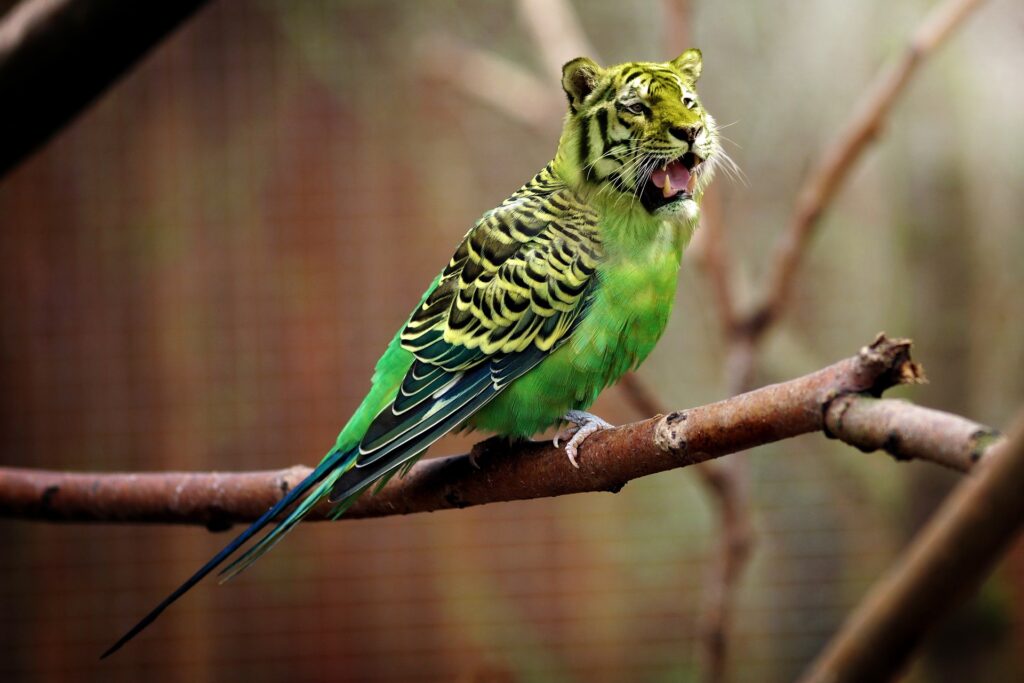Estimated reading time: 4 minutes, 12 seconds
UPDATE (I wrote this as an update to my previous blogpost on the topic, but it deserved its own post! So here it is)
So I posted and tagged some people on Twitter to get their feedback on this, and some of the tweets are now appearing as comments directly on the blog, but here is the Tweet anyway in case some of them don’t end up here directly:
My take on this now is as follows:
- I am convinced that we should not cite ChatGPT as a co-author, based on the Nature article as well as the opinions of many people that ChatGPT is not a sentient being and not intentional or anything like that; it does not cite its own sources, either, but that’s not a reason not to cite it, imho
- I am convinced that acknowledgment alone is not enough, because people may copy/paste entire sentences or paragraphs they did not themselves write, and in general when we do that, we cite our “sources”;
- Something like “(Bali, generated by ChatGPT)” or “(Bali via ChatGPT)” seems plausible to me, with the citation at the end showing the prompt we used to get this text. Unfortunately, the text we get is not replicable nor does it have a stable url people can find again, which is problematic. But I guess (apologies for anthropomorphizing… humanifying) it’s like when you talk to a person who is knowledgeable about something and then you meet them again the next day, ask the same question, get a slightly different answer, type of thing. You can cite an informal exchange or conversation that no one else will be able to find online or in print, but it existed, you know? A “conversation” or exchange happened. Of sorts. You took words or ideas from it that were NOT originally yours. You used them. You gotta indicate where you got them.
- Content vs. Process. The analogies to spell checker or Photoshop as tools and such are not relevant here. This is actual text/content you got as output from this tool that was not your original text or ideas, not a tool that helped your process only. You did not write this, you should cite this. If you paraphrase it after being inspired by it, you should still acknowledge it, imho. Unless it’s only very very loosely influenced by it.
I fully agree with Laura, Alan and others that the act of narrating our work will become more important, and more important in education, to help students think through their own contributions in the midst of AI use. Even when we were mostly just using AI in Google search, I often ask students what search terms they used in which search engine and how they chose what to input into the system.
My daughter, at 11, already realizes this: if she wants information, it’s better to use a search engine and follow the source, check its credibility first, then decide what to use, because ChatGPT may fabricate information. However, I think students may still go to it to write things up. If someone had written it on the web before 2021, the likelihood ChatGPT can talk about it and sound reasonably intelligent is high, not because ChatGPT is intelligent, but because all it is really doing is synthesizing and paraphrasing things already written by humans. And that’s not really that hard when you think about it, right?
The problem with all of this that anyone who’s saying “I’m not worried about this” is… that the way ChatGPT does this sounds remarkable like a B or B- student who is writing with good English but very superficial understanding of a topic that is new to them, so if a freshman student in my university wrote something, it would look remarkably similar to ChatGPT output. So of course there is the direction of trying to make our assessments more authentic and meaningful and all those things that make assessments GOOD… but we need to acknoweldge that:
a. This is more difficult for some teachers who are less agile/innovative/aware than others
b. Students will probably use the AI no matter what and we need to have conversations around the extent to which this can be done in ways that promote learning versus harm it… right? These conversations need to include the learners themselves.
(and I just realized this is an entire new blogpost, so I’m actually going to copy/paste this as a new post)
Header image by Sarah Richter from Pixabay (this one is phenomenal from Sarah and I want to kiss her – it is a tiger’s face on the body of a parakeet – but it looks like a parakeet with a tiger’s head… it’s REALLY hybrid in a superior way than the previous images I’ve taken from her). I’m putting it here below again because my blog template cuts it off when you open the post.


Omg this is awesome. Also, glad they’re careful about intellectual property rights?
What do we even make of this? soundcloud.com/openai_audio/j… AI/Ella …
😲😬
How r all the different music AIs different from each other? I have played with a few until I found one that produces something I like… which is this one soundraw.io but it doesn’t do natural language processing. Is that the main thing about the Google/OpenAI ones?
yeah … for now …
OpenAI is on it too openai.com/blog/jukebox/
But to play with something now try riffusion.com
Yeah. I’ve tinkered before. It’s just weird. riffusion.com/?&prompt=dogs+…
And the cat riffusion.com/?&prompt=cats+…
Working on a post trying to surface these and others. They all work different, and some are more interesting than others (to me). The difference with the Google/OpenAi ones now in development is that text one puts into algorithm creates a unique piece of music (or so it seems)